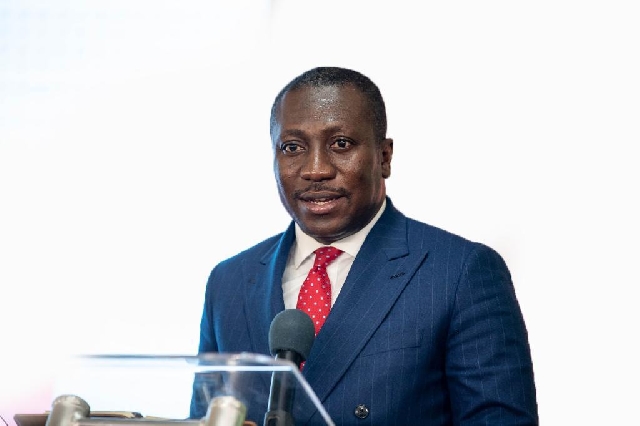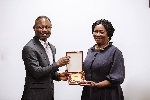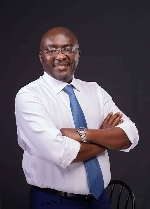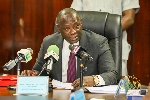Afenyo-Markin decries attitude deficit of Ghanaians
 Alexander Afenyo-Markin, MP for Effutu
Alexander Afenyo-Markin, MP for Effutu
Minority Leader Alexander Kwamina Afenyo-Markin has raised alarm over what he describes as a growing “attitude deficit” among Ghanaians, warning that it could undermine the country’s economic progress and threaten its democratic foundations if not urgently addressed.
Speaking on the need for a cultural shift, Afenyo-Markin emphasised that while Ghana has recorded positive economic data in recent times, sustaining that momentum will be impossible without a change in mindset among citizens.
According to him, many Ghanaians continue to view government interventions as handouts or “freebies” rather than opportunities to empower themselves and contribute to national development.
“The challenge is not just policy or leadership—it’s an attitude deficit,” he stated.
“There’s a general lack of accountability and responsibility among citizens, and that is stalling our progress.”
He lamented that political interference has worsened the problem, with successive governments failing to hold beneficiaries of state programmes accountable.
Citing historical examples, he mentioned the failure of beneficiaries to repay loans under several government initiatives, including:
Former President Rawlings’ Poverty Alleviation Fund
President Kufuor’s MASLOC initiative
President Mahama’s Chapter One
President Akufo-Addo’s NEIP (National Entrepreneurship and Innovation Programme)
“In each of these cases, many people simply took the funds and walked away,” Afenyo-Markin said.
“The question is: why isn’t the government going after people who failed to pay for tractors and other support? The answer is politics. We care more about votes than about discipline.”
He warned that unless this cycle is broken, the country will remain stuck in a pattern of stagnation, where programmes are introduced but fail to deliver lasting impact due to poor follow-through and a lack of civic responsibility.
Calling for a national dialogue, Afenyo-Markin urged political leaders, civil society, and the citizenry to come together to chart a new course—one that fosters a culture of accountability, ownership, and responsibility.
“If we don’t change our approach and start demanding more from both our leaders and ourselves, our democracy could be at risk,” he cautioned.
Source: Classfmonline.com
Trending News

Gov’t to terminate and re-award Pwalugu dam contract – Agric Minister
10:35
Youth unemployment remains alarming despite decline in overall joblessness – GSS
18:01
Vice President Opoku-Agyemang pays historic visit to Ministry of Health
13:39
Akwatia NDC executives call for unity ahead of September 2 by-election
07:15
We need a leader who unites and not divides - Bawumia to NPP
14:02
Gov’t moves to revoke mining regulations to bolster fight against galamsey
08:02
BOST holds 2025 annual general meeting
15:42
A/R: Fire destroys hundreds of shops at Suame-Anomagye market
13:06
Razak Kojo Opoku: NPP never rejected Prof. Adu Boahen on tribal or religious grounds
07:04
Police arrest man with pump action gun and cartridges at Akwatia
13:51




